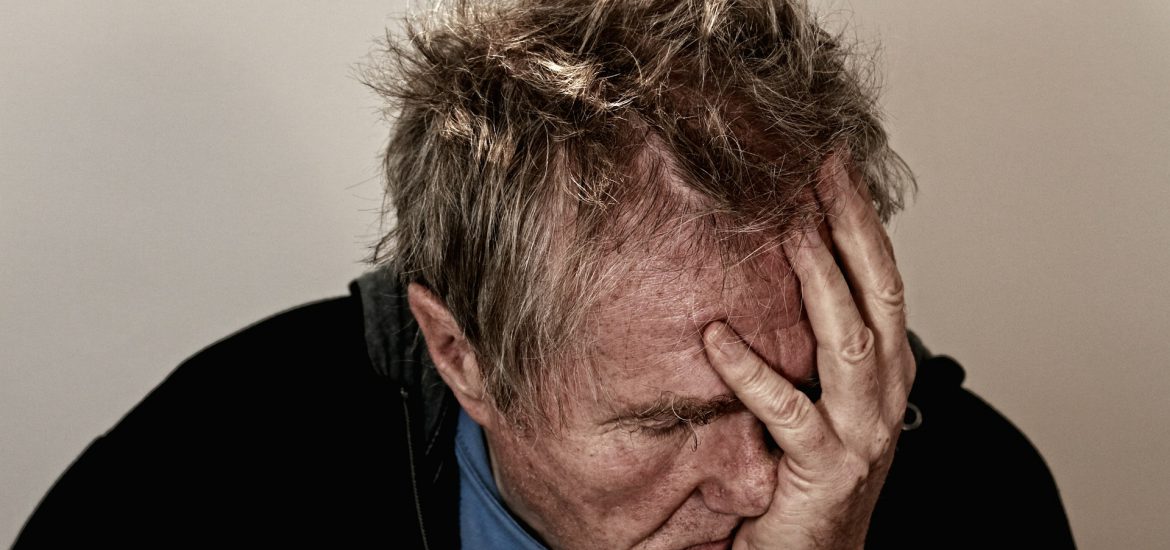RA Fatigue is hard to describe and often times even harder to manage. It steals energy and doesn’t give it back even with rest.
It’s hard to explain RA fatigue to people that don’t have it. Many don’t try because they are afraid people, even friends and family, will confuse it with just laziness or tiredness. In fact, because it is to hard to describe, often times RA fatigue doesn’t get talked about in doctors’ offices either.
RA fatigue is real and prevalent. 42% to 80% of people with rheumatoid arthritis are battling it.
Battling RA fatigue can sometimes feel isolating. How many times can you explain “It feels like the flu…everyday” before giving up? If you are experiencing RA fatigue know that you are not alone. It it one of the most common symptoms of rheumatoid arthritis. According to this study, between 42% and 80% of RA patient experience RA fatigue. Why the large variance? Because there are different definitions of RA fatigue and different ways to measure it. In fact, according to the Arthritis Foundation, “Up to 98% of people with rheumatoid arthritis (RA) report fatigue.” Whatever the true percentage is, if you are experiencing RA fatigue there are many others battling it right alongside you.
What contributes to RA fatigue?
One of biggest challenges to managing RA fatigue is determining the root cause. Fatigue cause be caused by a variety of factors. Complicating matters is the fact that other conditions can also cause fatigue, so how do you know if your fatigue is from RA or fibromyalgia? The fact is that likely several factors might be at work, but zoning in and tackling one can provide much need relief.
- Poor Sleep Quality – Many people focus on how many hours of sleep they get, but the quality of sleep tends to be more important. So how do you know if you are getting good sleep? And how can you improve your sleep? Fortunately there are some awesome startups and tech companies working on that. From apps like Sleep Cycle to devices like the Beddit, technology can help you better understand and improve your sleep.
- Depression and/or Anxiety – People battle inflammatory conditions like RA are at a higher risk of depression, which is a contributing factor to fatigue. Make sure you are taking to your primary care doctor about how you are handling RA emotionally.
- Anemia – or low red blood cells or hemoglobin in the blood can cause fatigue. People with Chronic illness are also at a higher risk of Anemia.
- Side Effects from other Meds – Yup, medications that might be helping with one of your symptoms like pain or depression might be causing drowsiness or fatigue. It’s important to talk to your doctor when you start a new medication if you feel that it is affecting your energy.
“The fatigue… I feel like I weigh 600 pounds.”
Fending off fatigue with exercise
The most important thing you can do to avoid feeling fatigued (and it may seem counterintuitive) is maintain a regular exercise schedule. While it can be challenging, exercise helps with fatigue in several ways.
- Increases muscle mass and strength – This increases blood circulation and flexibility and that reduces pain.
- Generates endorphins – Theses are chemicals in your brain that produce a sense of well-being and energy.
- Reduces Stress – Try something like yoga to increase flexibility and manage stress
Studies have shown something as simple as finding time to go on walks can reduce RA fatigue
While additional research is needed, exercise is a necessity to help combat RA fatigue.

Other lifestyle changes that may help with RA fatigue
As is common with many chronic conditions, maintaining a healthy lifestyle will help decrease the severity of many symptoms. Eating healthy foods – particularly lean meats, fruits, and vegetables – can influence your energy levels. It can be useful to track the foods that you eat to get a better understanding of the source of the calories that you eat.





